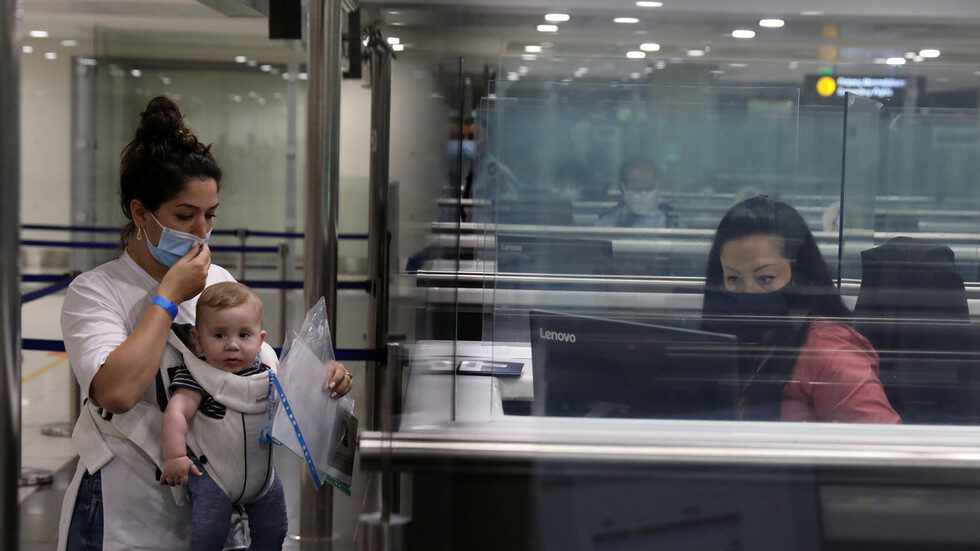
In its analysis, the UK-based human rights group said that vaccination cards and "immunity" passports being issued by some governments could pave the way for "digital identity schemes" and other forms of ID.
While countries like the UK insist that such documents are simply used to keep a record of vaccinations and remind people when they need to receive a second dose of the drug, Privacy International detailed how the seemingly benign cards, which on their face appear "necessary," could evolve into something quite different.
The group said that if vaccines ever become a requirement, or are used to grant certain privileges, there becomes a need to "verify" any related documents, essentially turning the card into a "pass."
And that's when it becomes an identity document. And once you have multiple uses (e.g. access to services) in multiple domains (i.e. public sector, private sector), in multiple countries (i.e. travel), then we are approaching a global identity document needed to live your life.According to the organization, such "function creep" could be harnessed by authorities to roll out a digital ID that can be used for law enforcement, counter-terrorism and immigration - areas that typically fall outside the scope of public health. Using the coronavirus pandemic, governments could "shortcut public debate" about these new forms of identification and what they mean for the lives of citizens, Privacy International noted.
The group also argued that it would be "unfair" to tie certain privileges or rights to Covid-19 vaccination, as the drug is not available to everyone and some parts of the world may not gain access to jab in the next year.
Several countries have already signaled that they intend to use vaccine certificates or passports to regulate what people can and cannot do.
On Thursday, Brazil's top court ruled that citizens can be legally "required" to take a coronavirus jab, laying the ground for "sanctions" for those who refuse the drug. In Israel, the government has made it clear that those who are vaccinated will be allowed to "enter places that will still be restricted to other populations."



Many of us already use Google, Apple, Microsoft etc, and feed them our private data day by day.
Many of us already have digital government IDs used to file tax returns, process Medicare and receive government payments, etc.
Many of us already have digital banking IDs and use cashless payment systems (e.g. PayPal, Visa, Mastercard, Bitcoin).
Many of us already have microchipped Passports for travel, and use cashless payment systems on Public Transport (here in Sydney, its Opal or your bank card)
Many of us are already close to 100% digital in many aspects of our lives.
They don't need digital IDs for vaccines. They already have them . All that is needed is complete integration of the existing systems into one systematic whole...
Except all of us already have complete integration of every digital aspect of our lives as living "nodes" (digital avatars) in the Sentient World Simulation.
It's already done.